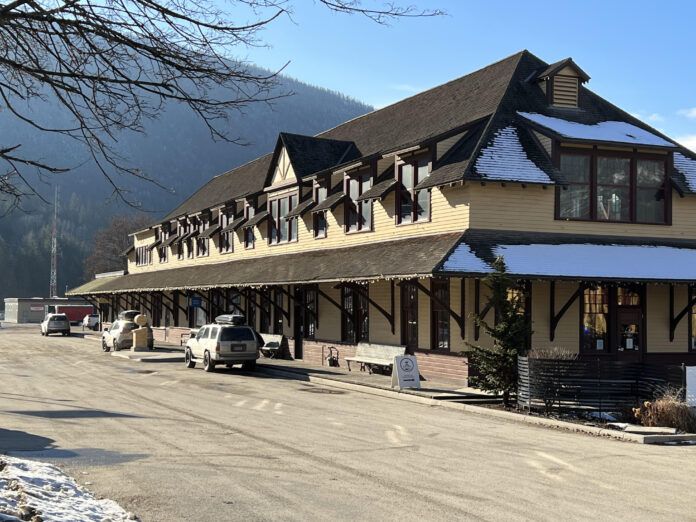The Nelson and District Chamber of Commerce is raising concerns about how the federal reductions in immigration and international study permits will impact local industries.
The chamber submitted a letter to Canada’s Minister of Immigration, Refugees and Citizenship on November 22 outlining the potential consequences for the region, particularly in its reliance on skilled workers and international students.
In October, Prime Minister Justin Trudeau announced the country would cut the number of permanent residents allowed into Canada by at least 20 per cent, in addition to a 35 per cent reduction in international study permits announced in the spring.
Immigration targets will also drop from half a million to 395,000 in 2024, then to 380,000 in 2026, and 365,000 in 2027. These follow years of rapid increases in the number of new permanent residents in Canada and a ballooning number of people coming to the country on a temporary basis.
The Federal Government says the restrictions will stabilize population growth and help ease pressure on housing. However, Tom Thomson, Executive Director of the Nelson and District Chamber of Commerce, says the approach is too broad and does not consider the unique needs of rural communities.
“We understand the impact that increased immigration has caused on housing markets and public services right across the country. There’s no question about that. That being said, small business service providers and essential employers in our region really depend upon the graduates of a lot of these programs—certainly the health care, business, and hospitality programs—and it could have a serious impact on our local labour market and jour cultural identity.”
Impacts on rural programs
In recent years, Nelson has participated in the Rural and Northern Immigration Pilot (RNIP), which Thomson says has helped address the community’s workforce shortages as well as attract and retain skilled international workers.
However, he fears the reduction in study permits will have negative consequences for the program.
“RNIP was doing a great job of helping some of those students come to the country, go to Selkirk College, and then stay and find employment for the next number of years. The recent changes are really going to cause significant impacts to not only that program but also other immigration happening here in our community, and that’s really going to have an adverse effect on Selkirk College.”
The Federal Government has also revised its classification system for “priority” students, limiting post-graduation work opportunities to those enrolled in specific, in-demand programs.
Thomson noted that Selkirk College’s culinary arts program has been deemed non-priority program, which could have serious repercussions for Nelson, where the food and beverage industry plays a vital role in the local economy.
“If you talk to any employers, they’ll certainly tell you that these employees are needed. They’re hardworking, and they’re filling jobs that haven’t been filled in the past. If you go into the back of the house of most of those restaurants, there’s a great deal of international students working there who graduated from the culinary program.”
Calling for rural consideration
The Chamber has asked Minister Marc Miller to work with public colleges across the province to find a more balanced immigration system that does not unfairly impact rural post-secondary institutions like Selkirk College.
Thomson says the “one-size-fits-all” approach does not consider the vital contributions international workers and students make to local economies.
“There needs to be some consideration for rural communities as opposed to just putting in a blanket policy that impacts the entire country. We’re saying that rural communities are quite a bit different from most urban communities, and we need to be addressed in a different manner.”
Be the first to know! Don’t miss out on breaking news and daily updates in your area. Sign up to MyNelsonNow News Alerts.







